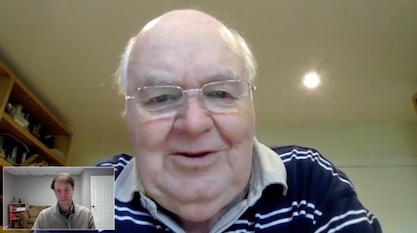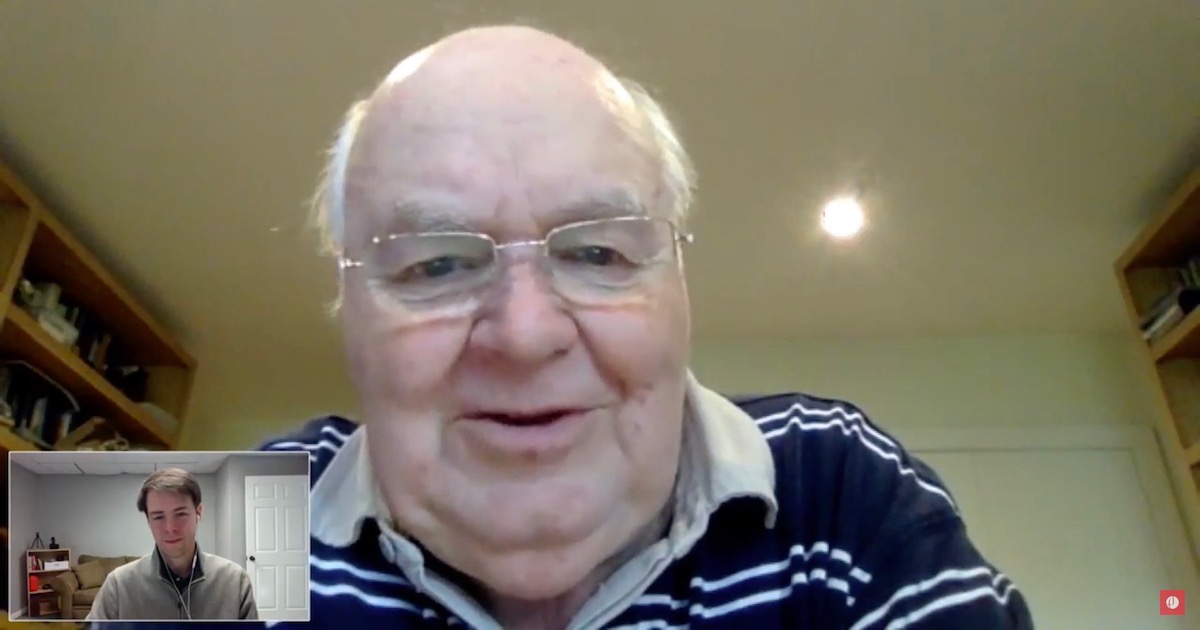 Faith & Science
Faith & Science
 Physics, Earth & Space
Physics, Earth & Space
John Lennox: The Irony of Stephen Hawking’s Atheism


Following the passing of Stephen Hawking, Oxford mathematician John Lennox spoke with Ben Halbrooks of the Fixed Point Foundation. Lennox notes an interesting irony in Stephen Hawking’s atheism, which Hawking argued for at length in his book The Grand Design:
Lennox and Hawking, we’re reminded, were born into a world where it was thought that the universe was eternal. That was the established science of the day. Hawking’s own work contributed to confirming that the consensus was wrong, that the universe has a beginning. For Lennox, that fit well with his own religious beliefs. For Hawking, it was a problem. It bothered him and he tried to solve it in The Grand Design.
Lennox comments:
As for the universe creating itself from nothing, it worries me that here is Hawking claiming that he solved the problem that his own science partly created. You see, he was involved in getting to the point where there was, informally speaking, a beginning to space-time. And so there was nothing, whatever it means, before that. And so we have a universe from nothing. And so that result in mathematical physics leads to the question, How do you get a universe from nothing? And he’s trying to solve it in this book and he fails because he doesn’t get a universe from nothing at all, because what he calls nothing isn’t nothing; it’s a quantum vacuum or something else.
A universe from nothing, for materialists, may be the single largest problem, among a variety of others. Lennox observes that it takes not a jot away from the rest of Hawking’s great achievements in applied mathematics to say that when it came to this difficulty, he was unable to overcome it. After all, no one else seems to be able to do so, either.
Good interview. Lennox considers Hawking’s attempt at philosophy and theology in his own book, God and Stephen Hawking: Whose Design Is It Anyway?
